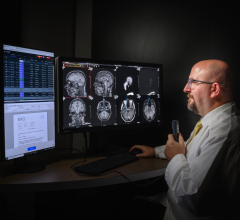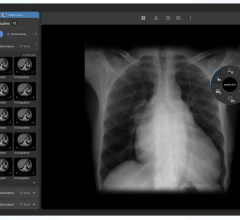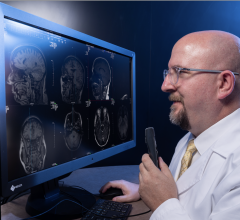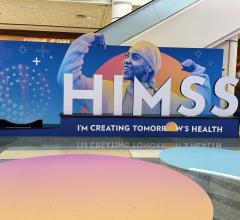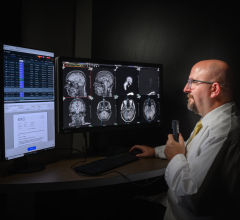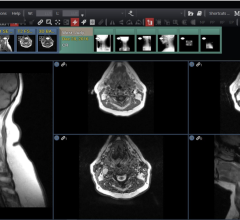
Three years ago Judy Sudmeier was talking on the telephone at work when, without warning, her heart stopped beating. Stopped dead. But, unlike hundreds of thousands of victims of
sudden cardiac arrest, Judy didn't die.
A registered nurse working in a clinical environment, Judy was fortunate enough to be
surrounded by medical professionals who acted quickly, resuscitated her and saved her life. Today, she's more than just thankful to be alive — she has become a spokesperson for the newly launched Sudden Cardiac Arrest Coalition, which was announced May 10 in Denver during the Heart Rhythm Society's Annual Scientific Sessions.
The Coalition asserts that the nation is overdue for an urgent, federally driven offense against the disease that claims more lives each year in the U.S. than breast cancer, lung cancer, stroke or AIDS combined — more than 250,000. And so, more than 25 leading heart advocacy groups have banded together around one central mission: To urge Congress and federal agencies involved in national health policies and programs to devote more resources to improving public awareness of SCA and increasing research and access to life-saving therapies.
Critical care clinicians know what most of the American public does not: SCA is not the same as a heart attack. Unlike a heart attack's “plumbing” origin of coronary artery blockage that interrupts the flow of oxygen-rich blood to the heart, SCA is an electrical short-circuiting of the heart, in which, for reasons largely still unknown, the heart muscle abruptly and
without warning ceases to beat, and hence to pump blood to the rest of the body.
I'm pleased to see the names of so many organizations that have committed their support to the Coalition, and pleasantly surprised that on a list predominantly comprised of heart-focused societies, foundations and corporations, the National Association of EMS Physicians is also included. I hope more critical care professional groups will examine the goals of this new Coalition and join its numbers, too, so that the federal government will recognize its responsibility to allocate or perhaps re-channel resources to actively combat SCA.
Despite the widespread lack of public understanding about SCA, as well as the shortfalls in availability and comprehension about using automatic external defibrillators (AEDs), Americans indicated in the Coalition's national public survey their
anxiety about the deadly event of SCA and voiced overwhelming support for increases in awareness as well as research and treatments. What the public does understand is that when this sudden, silent killer strikes, odds of survival are frighteningly slim — about 95 percent of all SCA victims die because they don’t receive life-saving defibrillation within four to six minutes, before brain and permanent death start to occur, according to the Coalition.
Judy Sudmeier was lucky. A fellow on a racquetball court at my local health club last year was not, and so many more like him are being snatched away, Judy says, “before their time.” In the very near future I hope more acute-care providers — the life-savers of the critically ill and injured — will also participate in this critical effort to save the seemingly healthy.
Here's the choice I see for many more medical societies: (1) Disregard the SCA battle because it's too remote or unrelated to their medical specialty, or (2) Learn more, fight back and help tip the scale on those disheartening statistics.
Thanks for reading.


 July 25, 2024
July 25, 2024 

